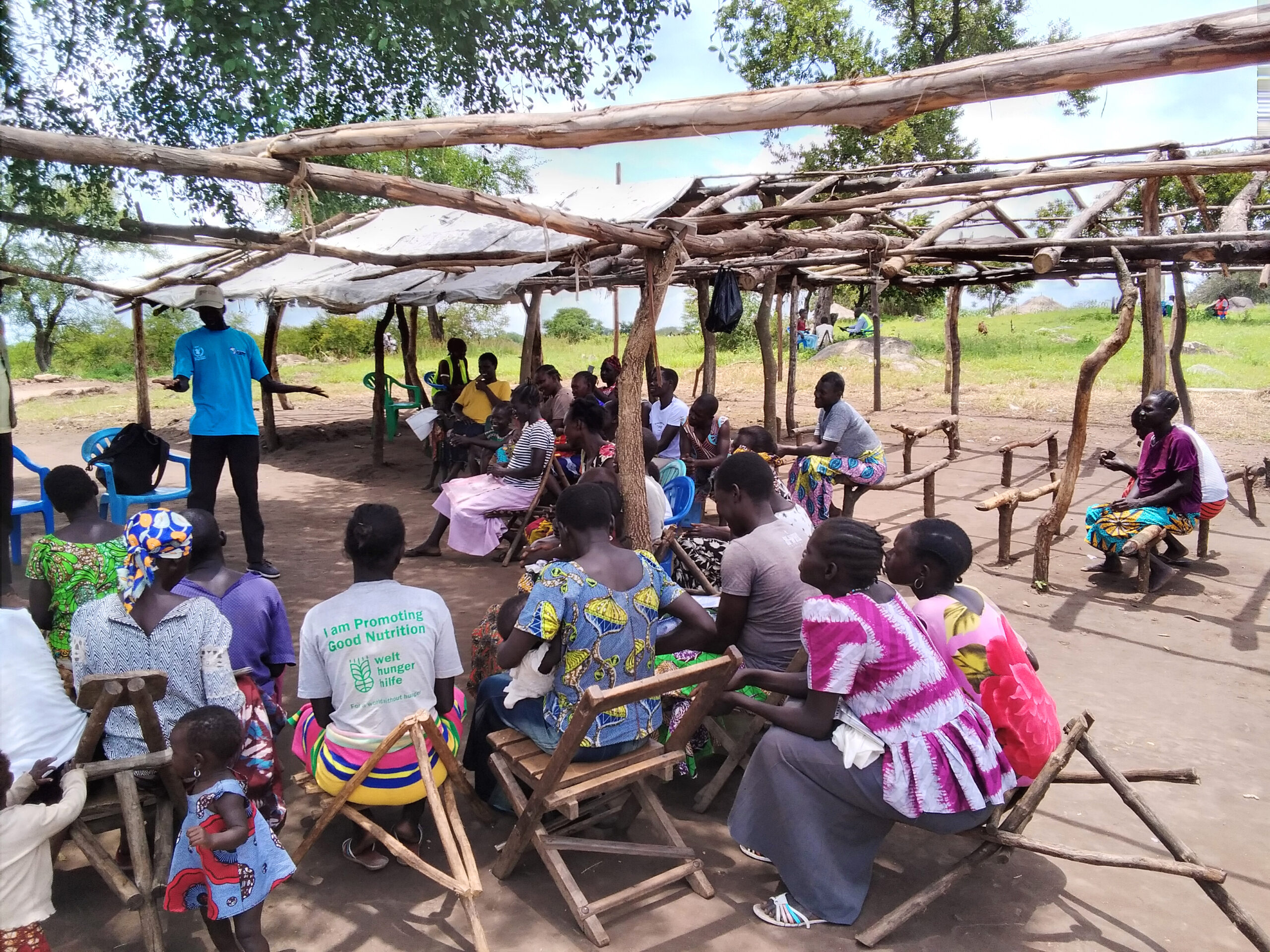In May 2023, Trickle Up invited partners from three Graduation projects in East Africa to share the opportunities and challenges they identified in implementing programs in contexts of displacement with refugee and host communities.
During the first two days of the event, Self-Reliance in Displaced Contexts, Trickle Up invited implementing partners to share learning and experiences from three projects that are delivered with technical assistance from Trickle Up: Graduating to Resilience, implemented by AVSI Foundation; Building Self Reliance and Resilience in the West Nile, implemented by DRC Uganda and CEFORD; and the Kakuma Graduation Project, implemented by NRC Kenya. The final day was an opportunity to share learnings and engage with a larger group of donors, partners, researchers, and peers committed to addressing extreme poverty in contexts of displacement.
As a part of disseminating the learnings from this event, Trickle Up is publishing thematic briefs on key topics covered during the event. The first was on coaching and the second was on digital literacy & technology.
The third of these is on targeting.
The targeting thematic brief emphasizes the importance of robust targeting processes. It highlights key aspects, including contextualized criteria, participatory methods for community transparency and buy-in, verification processes, and consideration of participant attrition. The insights aim to guide effective implementation of the Graduation Approach in addressing extreme poverty in displaced communities.
Click the button below to download the full brief and get an in-depth look at how Trickle Up’s partners use targeting in contexts of displacement.


